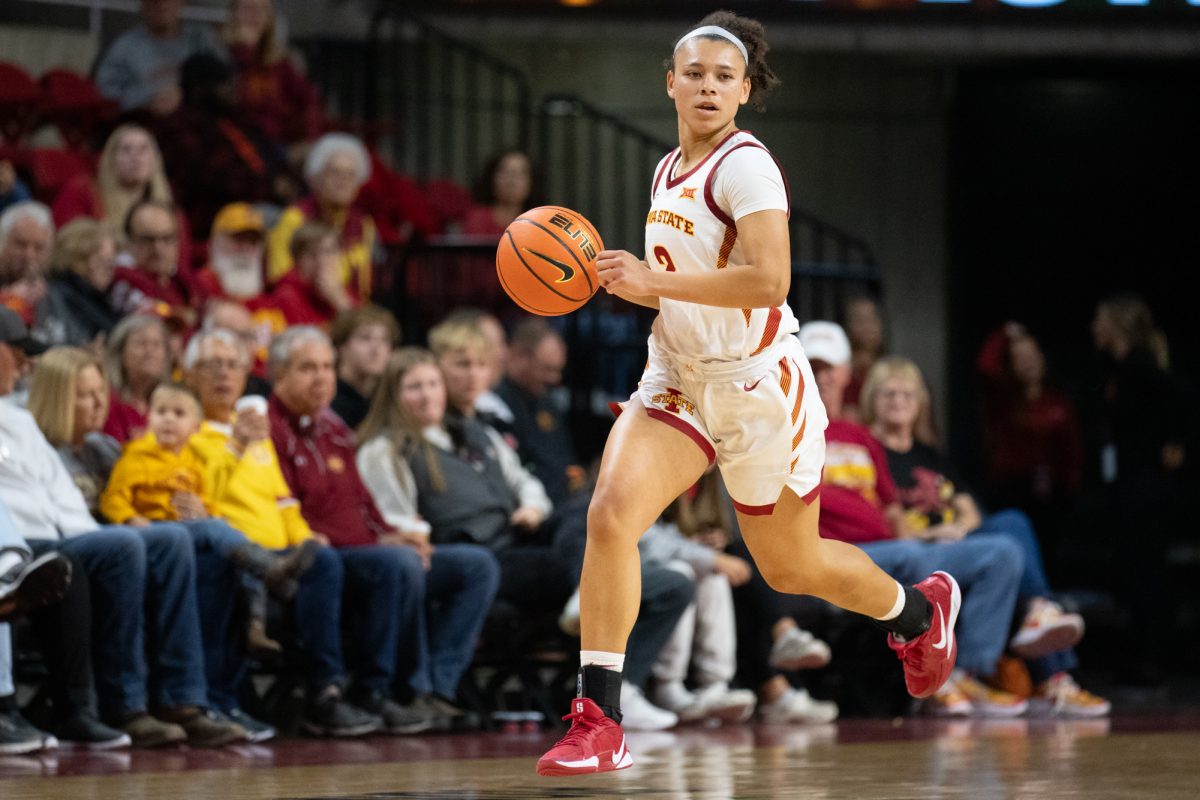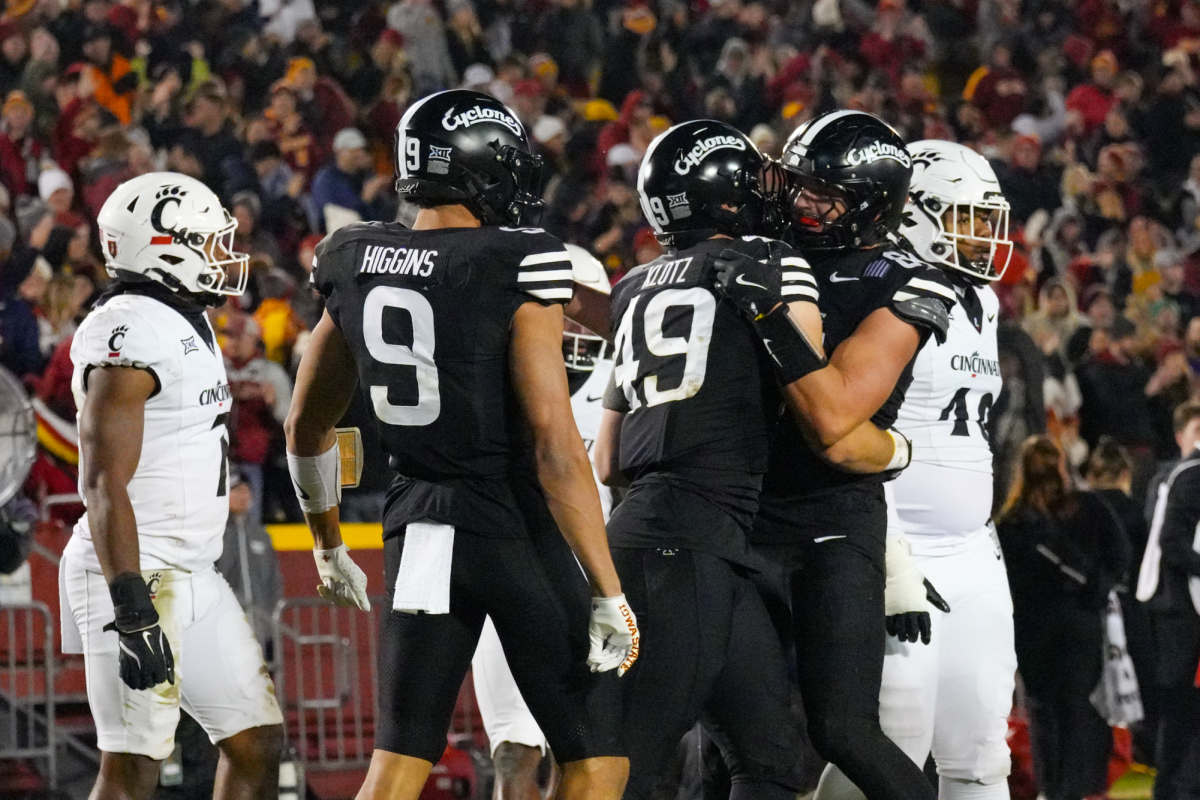Support vouchers, not only public schools
February 5, 2001
Your editorial, “Support Public Schools, Not Vouchers” does a disservice to the whole education debate. Unfortunately, there is not enough space to go into the issue in the depth it deserves, so I’ll only highlight a few items from your editorial. First, President Bush proposes that every child be literate by third grade. You state that, “Children learn at different rates,” and imply that the grade shouldn’t matter. This is probably one of the biggest incorrect assumptions in education today. Children may learn at different AGES, but they should still not be allowed to continue into the next grade until they reach the level of literacy appropriate for that grade. Passing a child for the sake of not holding him or her back not only hurts the particular student, it also hurts the other children that have attained the proper level of literacy. Teachers must always teach at a level appropriate for the most illiterate students in a particular class. The most literate students are always being short-changed. Second, the theory that allowing a student to leave the public school, by providing a voucher (or a tax credit), takes away funding from the public school is incorrect. For example, if a school has 100 students at a cost of $1,000 per student, the total cost of educating the students is $100,000. If one student leaves the school and goes to the private school across the street, the cost to the school is $99,000. Why does the public school get to keep it’s $1,000 net profit? Furthermore, if I have a child in public school, the property taxes I pay effectively pay the tuition for my child’s attendance in public school. If I put my child in private school, I am now paying for my child to go to school as well as subsidizing someone else’s child to go to the public school. Why is this fair? While this may not matter to the “rich”, a poor parent most definitely will not be able to subsidize someone else’s child. Finally, teachers’ pay is not nearly as low as the teacher’s unions want us to believe. The Bureau of Labor Statistics shows that in 1999, the mean teacher salaries for K-12 teachers ranged from $36,770 to $41,430. Assuming this is for the nine-month school year, the annualized range becomes $49,027 to $55,240. I wish I could make that much while taking a three-month vacation in the summer and another two-week vacation over Christmas. W. Alan Williams
ISU alumnus
Miami






